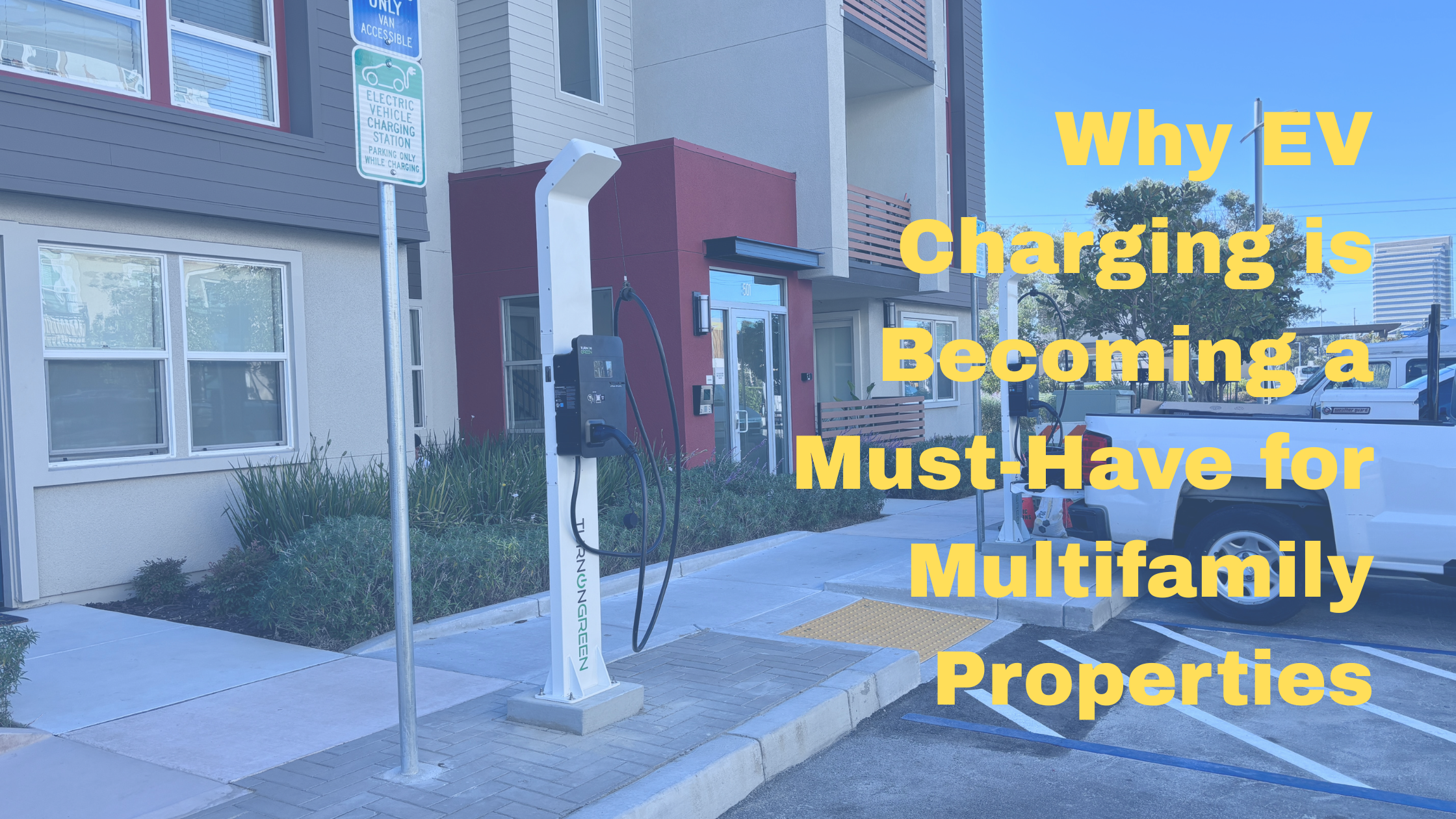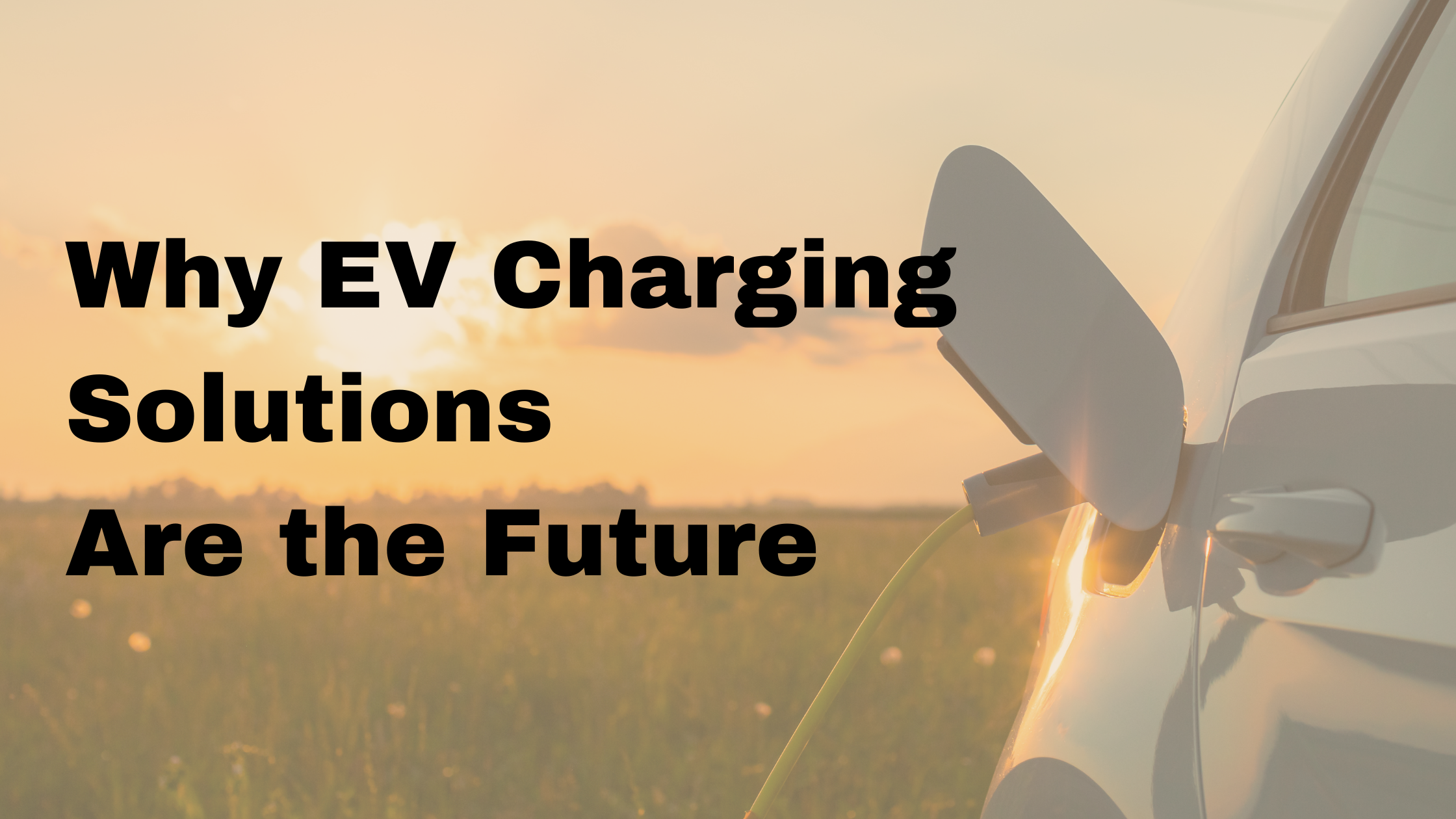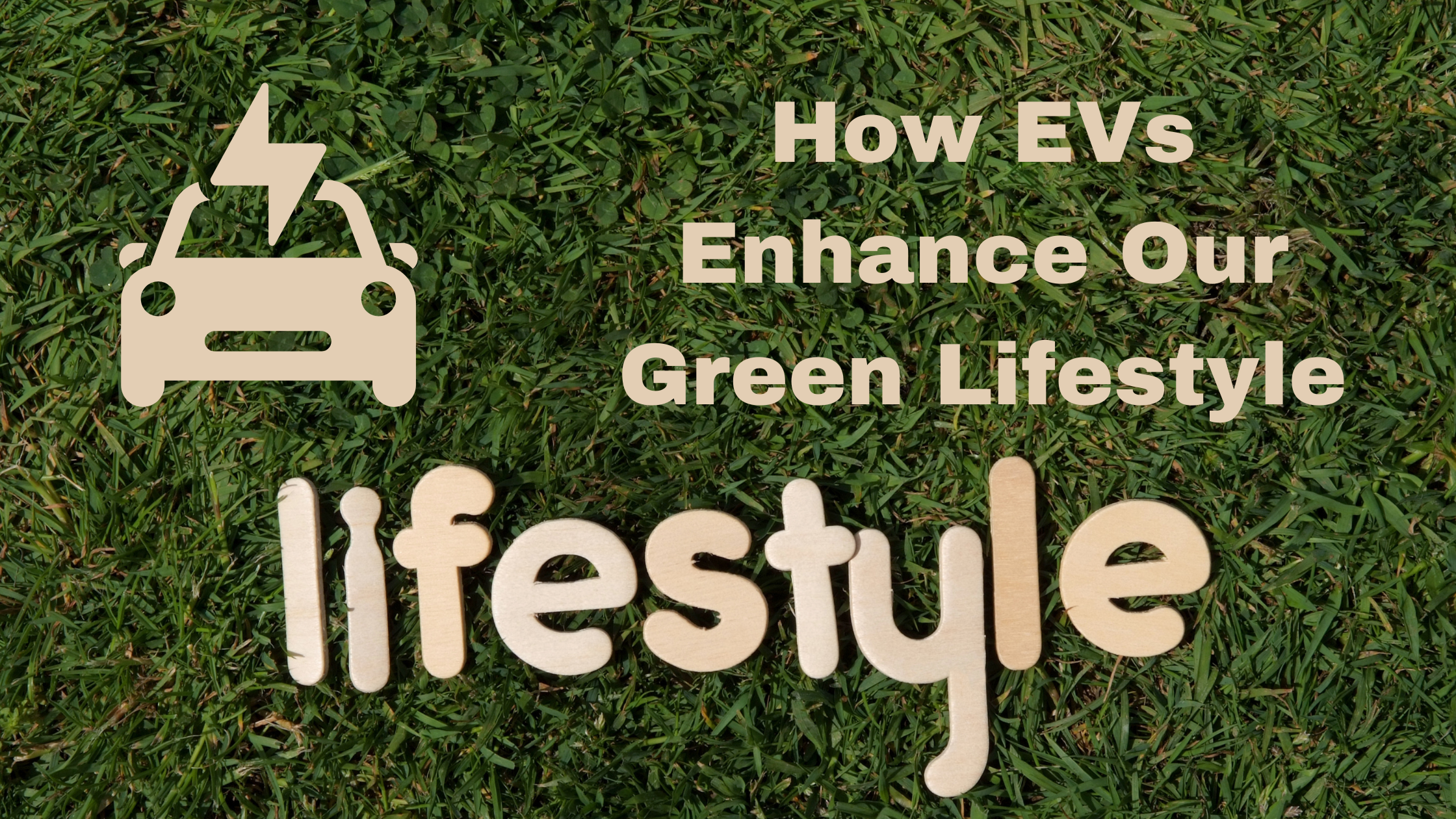How Much Cheaper Is Driving Electric? New Analysis Reveals Surprising Figures

A recent Yahoo Lifestyle article reports that using data from EnergySage, an analyst estimated the cost to power various Tesla models is approximately 4 to 6 cents per mile.¹ That’s significantly lower than many gasoline-powered alternatives, and it reinforces a compelling argument for the economic case of EVs.¹
Key Takeaways from the Analysis
-
The estimated 4–6¢ per mile figure applies across Tesla Model 3, S, Y, and X variants.¹
-
By contrast, fueling a gasoline car frequently comes in at much higher per-mile costs, especially as gas prices fluctuate.
-
The analysis underscores the lesser-known operating cost advantage of EVs — not just their environmental benefits.
What This Means for TurnOnGreen and Our Community
At TurnOnGreen, our mission is to make sustainable transportation both practical and economically smart. This kind of cost comparison is precisely what supports our vision of accelerating EV adoption through better infrastructure.
-
Lower operating costs = stronger ROI
Charging more affordably means that site hosts and property owners investing in Level 2 EV chargers can more confidently forecast electricity use and revenues — especially when EV drivers can see clear savings. -
Transparency helps decision making
When drivers, fleet operators, or businesses see real numbers like 4–6¢ per mile, it makes the case for installing chargers more compelling. -
Complementing other benefits
This operating cost advantage pairs well with EVs’ environmental benefits, reduced maintenance, and increasing incentives — making the total value equation even stronger.
Some Caveats
While the 4–6¢ per mile figure is eye-catching, real-world costs vary depending on:
-
Local electricity rates and time-of-use charging
-
The efficiency and battery size of the specific EV
-
Charging infrastructure costs and losses (e.g. charging station overhead)
-
How much one relies on public vs. home charging
So while it’s a helpful benchmark, it's not a guarantee for every scenario.
Final Thoughts
This analysis gives us yet another compelling data point: charging an EV can be far more cost-effective than you might assume. (And that’s before factoring in incentives, maintenance savings, or fuel price volatility.)
At TurnOnGreen, we believe numbers like this should drive action — not just conversation. If you're a site host, property owner, or business interested in deploying EV charging infrastructure, we’d love to help you explore how this equation works in your context.
¹ “Analyst reveals shocking cost comparison between charging a car and using gas for 1 month — here are the details,” Yahoo Lifestyle, accessed via Yahoo.
![]()
Charge ahead with confidence.
The #Green Team


